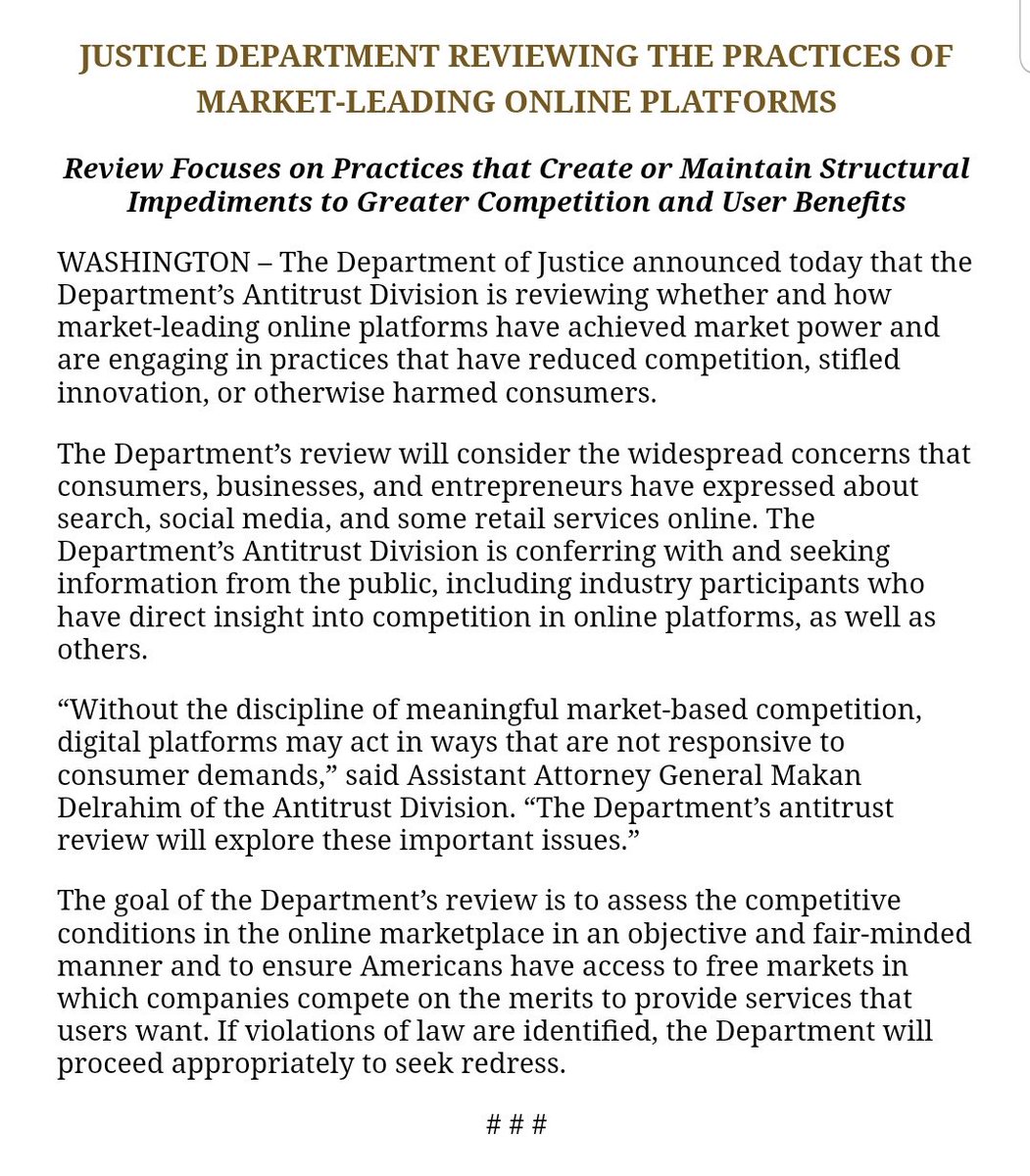Image credit: www.mic.com
Another conservative is blocked. This time it’s Larry Elder
on Instagram’s blacklist. Elder reported on PJ Media:
After averaging 450 new followers a
day since March, when I became active on Instagram, my number of new followers
suddenly stopped growing. Dead stop. The count read 68.9K. It remained 68.9K
for over two weeks. Then, the number dropped by 100. Meanwhile, over
the same two-week period, on Twitter and Facebook, which owns Instagram, I
continued gaining hundreds of new followers per day.
. . .
After following Instagram's
complaint procedure to no avail, after writing a column about my frozen
follower number, after consulting with several people who made contact or tried
to make contact with the company, I received a polite letter from a Facebook
representative identified as working for its "U.S. Politics &
Government Outreach" team.
. . .
After following Instagram's
complaint procedure to no avail, after writing a column about my frozen
follower number, after consulting with several people who made contact or tried
to make contact with the company, I received a polite letter from a Facebook
representative identified as working for its "U.S. Politics &
Government Outreach" team. lame excuses.]
. . .
Elder then references Robert
Epstein’s testimony before Congress; Cleveland Tea Party reported on that
recently (go here and here).
. . .
[Rick] Chapman, the hi-tech expert,
does not buy the Facebook rep's innocent explanation. Chapman said: "The
answer is because they can. And they're not stopping. This attack on you is an
example of how bold they're becoming." The challenge is for conservatives
to invent and use alternative platforms not subject to liberal bias. For
instance, in its June 2019 press release, a startup called Safe Space said it
established its social media site for "conservatives frustrated over the
censorship taking place on mainstream platforms." Safe Space's CEO said:
"Instead of begging Twitter and Facebook to change, or pretending Reddit
isn't a puppet for the Chinese, (we decided to) find a solution through
capitalism. We've decided to offer a competing platform where no voices will be
unfairly targeted."
Full article is here. I’ll ask our household's web expert to have a
look at the Safe Space option.
# # #






















